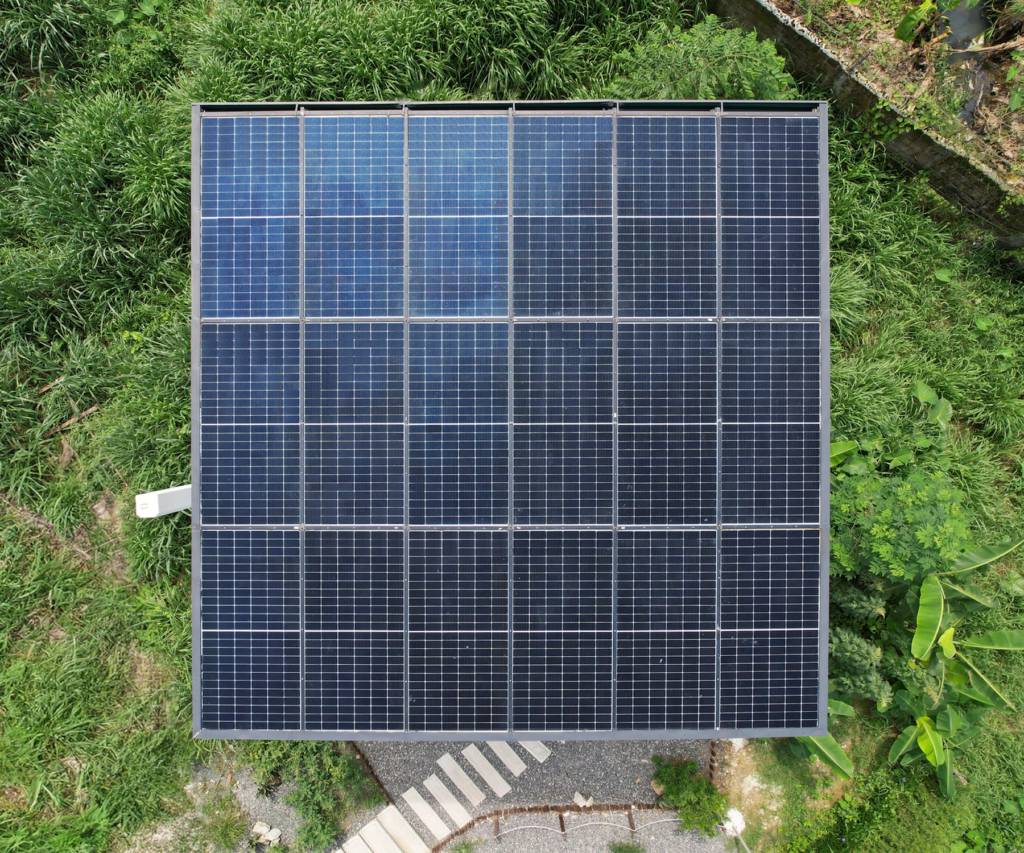Embracing sustainable living in daily life in India is key to preserving the environment, mitigating climate change, conserving resources, and creating a better future for the people of the country.
PHOTO: mrjn Photography on Unsplash
Sustainable living is a way of life that seeks to reduce our impact on the environment and ensures the well-being of both current and future generations. In India, where the people are facing a whole bunch of challenges like a booming population, rising pollution levels, and dwindling natural resources, sustainable living becomes absolutely crucial.
India is in need to adopt sustainable practices to conserve resources, minimize waste, and reduce its environmental impact.
Sustainable Food Choices in India
PHOTO: Ratul Ghosh on Unsplash
India’s diet and cuisine boast a rich history and diverse flavors, celebrated globally for their unique attributes. Traditional Indian diets have long emphasized a balance of food groups, incorporating grains, vegetables, legumes, and spices. This balanced approach, along with the abundant use of medicinal herbs and spices, results in a healthier, more sustainable food system in India.
Additionally, India’s inclusion of vegetarian and plant-based options showcases its sustainable approach to food, reducing the carbon footprint while offering a number of flavorful choices.
However, a study from ScienceDirect found that sustainability is not consistently integrated into national food policy in India. According to this research, policies that addressed sustainability were allocated the lowest amount of funding, and several significant food consumption policies failed to consider environmental sustainability. The findings indicate a chance to promote the incorporation of sustainability into policies at every stage of the food supply chain.
Meanwhile, according to Times of India, if we mindfully use and reuse resources, we can begin sustainable living at home. One excellent method for minimizing kitchen waste involves maintaining a container where you can produce compost using kitchen scraps, which can then be utilized as fertilizer for your homegrown plants.
Energy and Water Conservation in India
Water and energy conservation are essential for a sustainable future. Individuals and businesses can play a significant role in shaping a sustainable future by focusing on energy and water conservation.
India has been employing water conservation efforts to address the problem of water scarcity in the country. These efforts include addressing the groundwater depletion, providing reliable water supply to cities, managing its river, and improving the irrigation system.
However, water scarcity is still a pressing issue in many parts of the country. Everyone can be part of the solution. Be mindful and make simple changes that conserve this precious resource. Fix leaky faucets and pipes promptly to avoid wastage. Collect rainwater through rooftop harvesting. Although small, these gestures can significantly impact conserving water resources.
When it comes to energy conservation, small changes can make a big difference. Start by embracing energy-efficient habits in your daily life. Turn off lights and unplug electronics when not in use. Opt for energy-saving appliances. Harness natural light and ventilation whenever possible.
To maximize your impact, think holistically about energy and water conservation. Recognize the interconnection between these two resources. Energy-efficient practices indirectly conserve water by reducing the energy required for water treatment and distribution. Likewise, conserving water can save energy used in pumping and heating.
Waste Reduction and Recycling in India
With a growing population and increasing urbanization, India faces significant waste management challenges. However, by embracing waste reduction practices and promoting recycling, we can tackle these issues head-on.
Waste reduction starts with a simple mindset shift—evaluating our consumption patterns and embracing conscious choices. Opt for reusable alternatives instead of single-use items. Carry a reusable water bottle, shopping bag, and coffee cup to reduce plastic waste
Another practice that we should follow is recycling. Proper waste segregation is the key to effective recycling. Set up a system for segregating waste at home or work, separating recyclables from non-recyclables and organic waste. Educate yourself and others on what can and cannot be recycled.
India is home to a growing network of recycling initiatives and organizations that work towards diverting waste from landfills. These initiatives are led by young people who are devoted to environmental sustainability. One of the solutions presented by Indian students who took part in the Student Entrepreneurship Challenge organized by The World Bank is the use of Ecopods, a plastic-free, single-use shampoo, conditioner, and body wash solution via disposable pellets. These pellets can be dissolved in water to create a liquid product. Ecopods are a better, more environmentally-friendly option than conventional liquid shampoos and conditioners for reducing plastic waste.
By prioritizing social empowerment, Ecopods’ supply chain model guarantees job opportunities for women who are specially abled or widowed. If Ecopods becomes successful, traditional bottled personal shampoos and toiletries could become a thing of the past. According to the World Bank, this would result in a significant reduction of 37.5 percent in their usage and an impressive 80 percent decrease in CO2 emissions.
Another one is building real, sustainable toilets with Ecobricks or plastic bottles stuffed with waste. They claim that these bottles can be used to build sturdy walls and other structures. These are just a few of the many innovative solutions that young people in India are coming up with to address the problem of waste.
The Ecobricks model is expected to achieve success and benefit multiple aspects simultaneously. It demonstrates social consciousness by offering employment opportunities to women in brick-making. It also encourages people to exchange plastic bottles for essential food items such as rice and grains. Additionally, it addresses the challenges of sanitation and hygiene for numerous residents in rural areas where public toilets are scarce.
Why We Should Practice Sustainable Living
Practicing sustainable living is so important. Sustainable living is all about making choices that prioritize the health of our planet, its ecosystems, and future generations. By taking steps like reducing our carbon footprint, conserving resources, and minimizing pollution, we can protect the environment and combat climate change.
At BillionBricks, we promote sustainable living. We do this by building net zero homes and communities in different parts of the world including India.
If you want to learn more about BillionBricks and our net zero homes, visit https://calendly.com/d/y5t-wh7-hdd/call-with-billionbricks
Sources
-
Times of India. (2022). 10 sustainable habits to learn from Indian kitchens. Retrieved from https://timesofindia.indiatimes.com/life-style/food-news/10-sustainable-habits-to-learn-from-indian-kitchens/photostory/94249766.cms
-
Outlook India. (2022). Making Sustainable Choices Through Food As You Travel. https://www.outlookindia.com/travel/making-sustainable-choices-through-food-as-you-travel-news-220674
-
The Economic Times. (2022). National Energy Conservation Day 2022: 10 easy ways for you to conserve energy. Retrieved from https://economictimes.indiatimes.com/news/new-updates/national-energy-conservation-day-2022-10-easy-ways-for-you-to-conserve-energy/articleshow/96225128.cms?from=mdr
-
Indian School of Public Policy. (2022). Water Crisis in India: Strategies to Save Water. Retrieved from https://www.ispp.org.in/blog/water-crisis-in-india-strategies-to-save-water/
-
The Nature Conservancy. (2022). Eight Ways to Reduce Waste. Retrieved from https://www.nature.org/en-us/about-us/where-we-work/united-states/delaware/stories-in-delaware/delaware-eight-ways-to-reduce-waste/
-
ScienceDirect. (2020). Moving towards sustainable food systems: A review of Indian food policy budgets. Retrieved from https://www.sciencedirect.com/science/article/pii/S2211912420301164
-
Worldbank. (2021). India’s Youth Churn Up Powerful Solutions to Counter Marine Plastics. Retrieved from https://www.worldbank.org/en/news/feature/2021/05/11/indias-youth-churn-up-solutions-to-counter-marine-plastics







